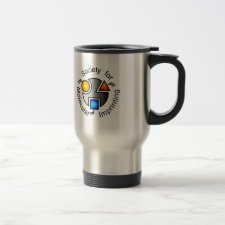
Authors: Luppa PB, Sokoll LJ, Chan DW
Article Title: Immunosensors - principles and applications to clinical chemistry.
Publication date: 2001
Journal: Clinica Chimica Acta
Volume: 314
Issue: (1-2)
Page numbers: 1-26.
DOI: 10.1016/S0009-8981(01)00629-5
Abstract: Introduction: Immunosensors are affinity ligand-based biosensor solid-state devices in which the immunochemical reaction is coupled to a transducer. The fundamental basis of all immunosensors is the specificity of the molecular recognition of antigens by antibodies to form a stable complex. This is similar to the immunoassay methodology. Immunosensors can be categorized based on the detection principle applied. The main developments are electrochemical, optical, and microgravimetric immunosensors. In contrast to immunoassay, modern transducer technology enables the label-free detection and quantification of the immune complex. Methods: The analysis of trace substances in environmental science, pharmaceutical and food industries is a challenge since many of these applications demand a continuous monitoring mode. The use of immunosensors in these applications is most appropriate. Similarly, a series of clinical problems may be solved by continuous monitoring of certain analytes. Conclusions: Clinical chemists should take advantage of immunosensors in clinical diagnostics. There are many recent developments in the immunosensor field which have potential impacts. The future role of this technique in intralaboratory, as well as bedside testing, will become even more important as the clinical laboratory is faced with increasing pressure to contain costs. (C) 2001 Elsevier Science B.V. All rights reserved



Join the Society for Molecular Imprinting

New items RSS feed
Sign-up for e-mail updates:
Choose between receiving an occasional newsletter or more frequent e-mail alerts.
Click here to go to the sign-up page.
Is your name elemental or peptidic? Enter your name and find out by clicking either of the buttons below!
Other products you may like:
 MIPdatabase
MIPdatabase









